Field Marshal with Vision of a Statesman
By Sania Kamran
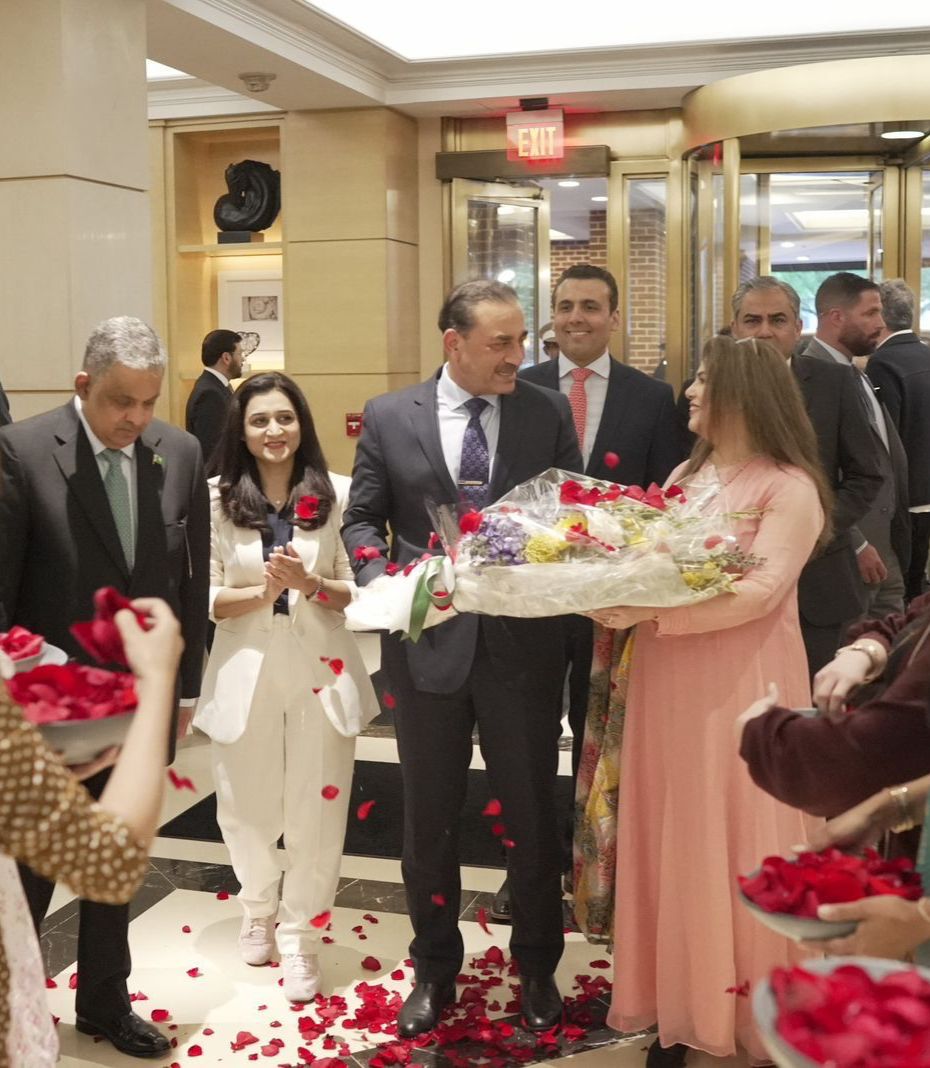
Field Marshal General Syed Asim Munir landed in Istanbul on Saturday following almost a week-long trip to the United States in what appears part of Pakistan's diplomatic attempts to find a solution to the continuing Iran-Israel conflict and world peace.
In a rare and extremely symbolic occasion at the White House, President Donald Trump met Pakistan's Chief of Army Staff, Field Marshal General Syed Asim Munir, in what was more than just a ceremonial interaction—it was a historic signal to the globe.
Unlike earlier encounters between U.S. presidents and Pakistani military leaders—Ayub Khan, Zia ul Haq, and Pervez Musharraf—who met American leaders only after seizing political power, this was the first time a serving Pakistani army chief, without holding a political office or military regime, was welcomed formally in the Oval Office. This difference is more than just protocol; it reflects how Pakistan's diplomacy has grown and the prominence of its leaders in the current complex and war-torn geopolitical environment.
Field Marshal Asim Munir is remarkable as a general. His meeting with Trump, which was attended only by the National Security Advisor and other highranking U.S. officials like Secretary of State Marco Rubio and Middle East envoy Steve Wietkoff, emerged as a rare moment in South Asian military history. Resolving the growing Iran-Israel dispute and raising Pakistan's international image were the only objectives of the meeting.
Field Marshal Munir communicated Pakistan's righteous stance with quiet intensity, far from being a silent observer. Acknowledging later that Pakistan knows Iran better than most, Trump discreetly hinted at Pakistan's resentment of the developing regional crisis—a rare admission of the country's regional expertise and strategic interests.
This went beyond just aesthetics. Originally set for an hour, the meeting lasted two hours, showing profundity not procrastination. Although official remarks were subtly worded, the underlying message was obvious: Pakistan, acting via its army chief, is quietly yet boldly assuming the part of regional mediator.
Field Marshal Munir's later arrival in Istanbul, where Iran's Foreign Minister was also present, intensified speculations about back channel negotiations possibly in progress. Whether or not a formal gathering occurred, the confluence of important participants in the same city at the same time is no coincidence; rather, it is diplomacy at its most understated.
Asim Munir's distinctive viewpoint on security not limited to firearms and armament makes him unique. His talk with the U.S. President encompassed commerce, energy, artificial intelligence, cryptocurrency, and science—areas far removed from conventional military territories. This is the Pakistani leadership's fresh face: one that knows economic power equals national security and that a country's power derives from its markets and minds as well as from its missiles.
Field Munir's personality combines restraint and resolve, knowledge and humility. He embodies military leadership based on strategic patience rather than political ambition. His appreciation of President Trump's peacemaking initiatives and Trump's matching regard show a shared realization that diplomacy rather than dominance defines authority in the present.
This meeting has set Pakistan on the path toward a fresh diplomatic chapter. For a long time, the country has been seen via the limited prism of Afghanistan, extremism, or crisis management. Pakistan is under Field Marshal Munir's command, now being seen as a strategic interlocutor, particularly in crises where it shares historic, religious, and geographic ties—such as between Iran and the United States.
Pakistan has dual credibility in Tehran and Washington that few other nations have. Still less have the self-control and ability to employ that power wisely. In these turbulent times, Field Marshal Munir's approach—subtle, sincere, and sovereign—may just be the turning point the area needs.
Wars are waged nowadays with ideas, diplomacy, and alliances as well as with weapons. Field Marshal Asim Munir gets this better than most. He establishes strategy rather than merely defending boundaries. From CPEC to Kashmir, and now from Gaza to the Gulf, his leadership is proof that Pakistan’s military has grown into a guardian not only of territorial integrity but of global significance.
The meeting with President Trump, and its far-reaching impacts, is not just a feather in his cap—it is a marker of quiet but undeniable diplomatic success.
It is the quiet voices—like those of Field Marshal Munir—that travel the greatest in an era of noise.
© Sania Kamran A Former Member of the Punjab Assembly and Leader Pakistan Peoples Party.
Comments
Most Read
U.S. Ambassador Expresses Interest in Visiting Koh Samui — Ranked 7th Best Island in the World by Travel + Leisure
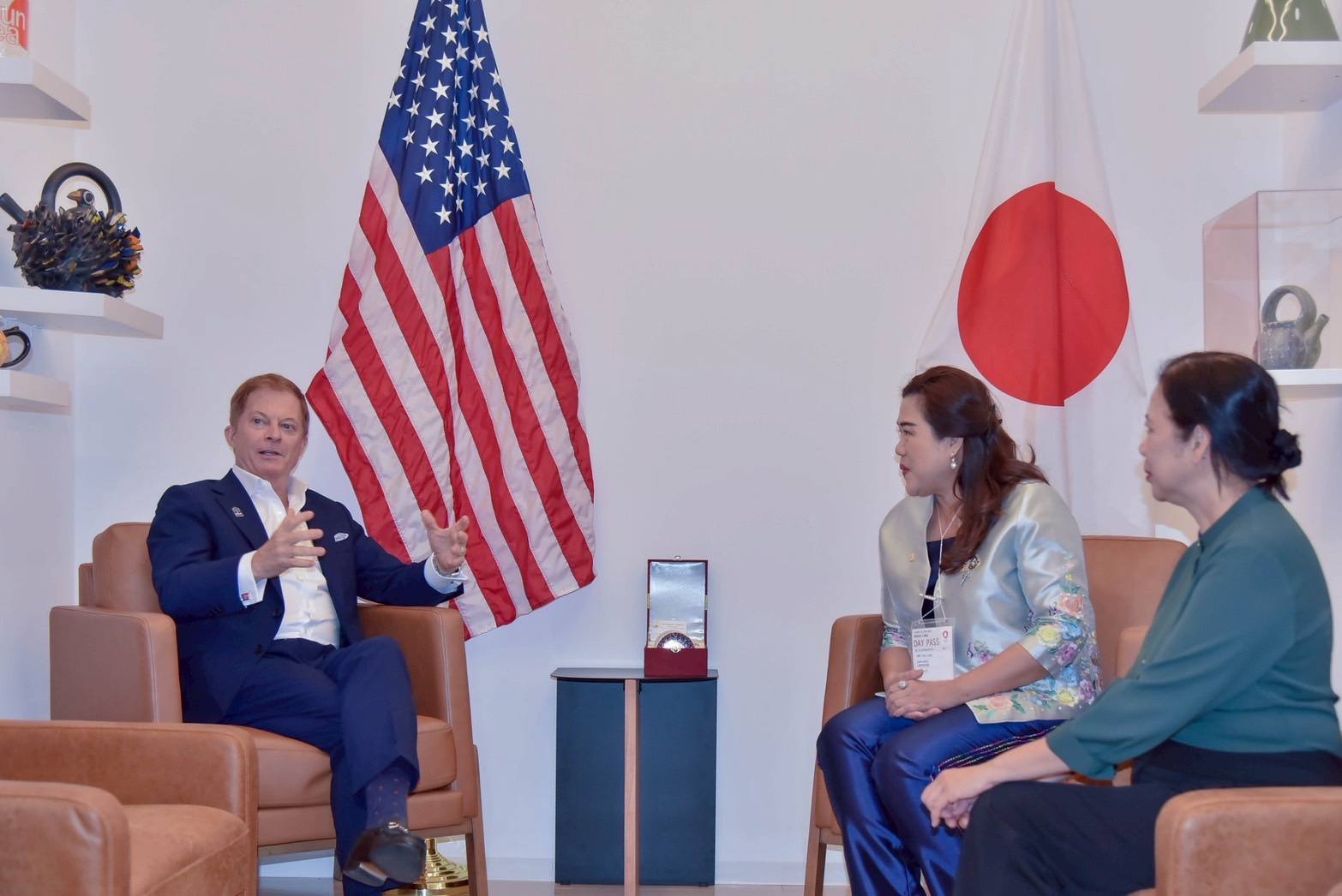
President Zardari Pays Homage to Martyred Army Officers in Bannu and South Waziristan
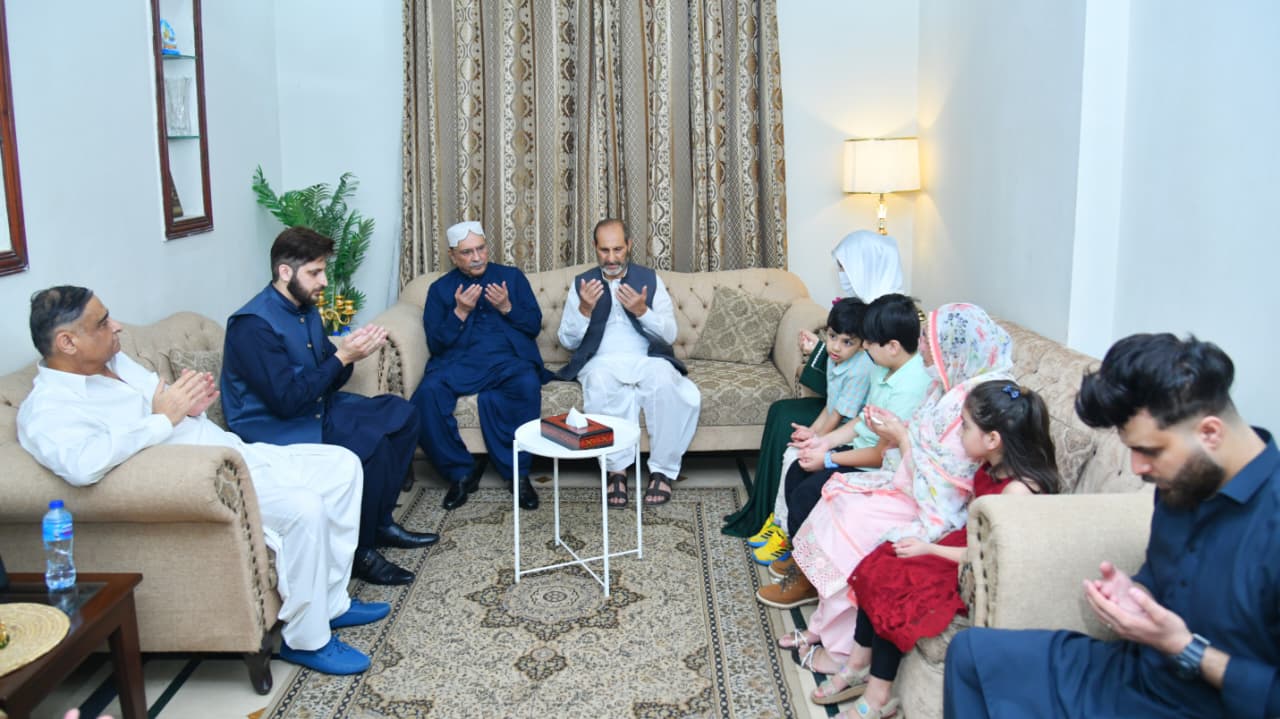
Pakistan Embassy in Thailand to Hold Khuli / E-Kachehri for Community
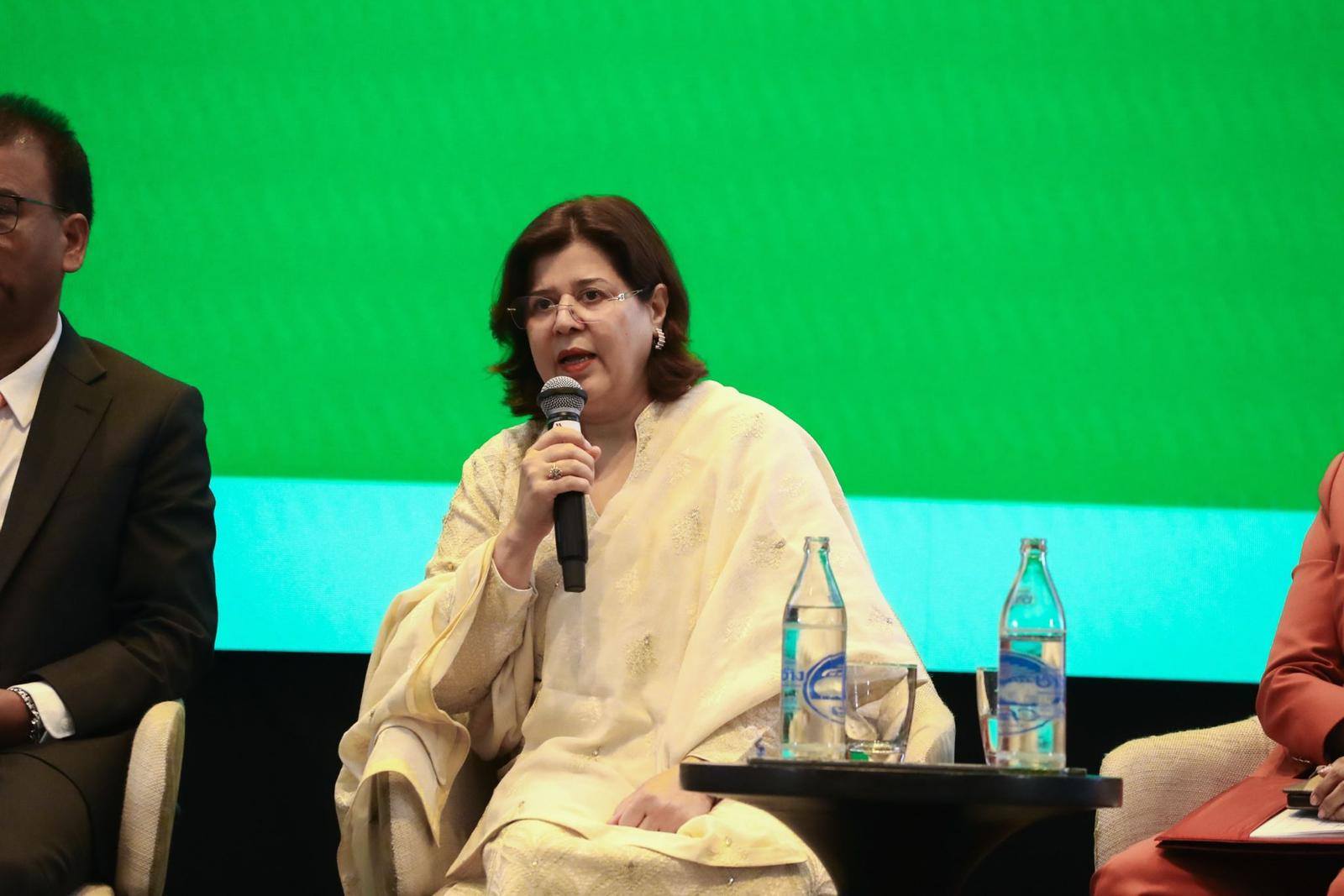
PPP Demands Agriculture Emergency and Immediate Relief for Flood Victims
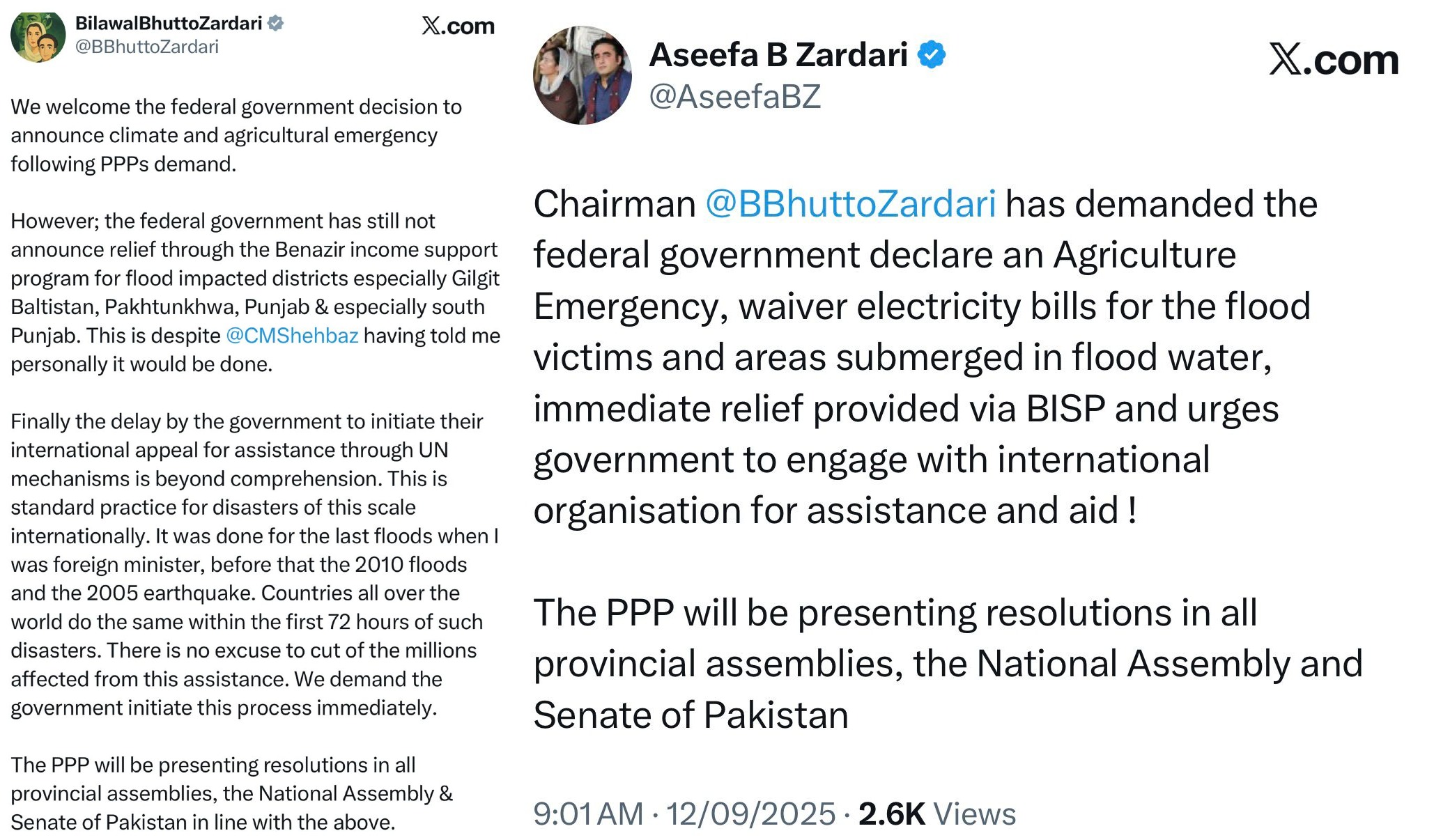
President Zardari Commends Security Forces on Elimination of Indian Proxy Terrorists
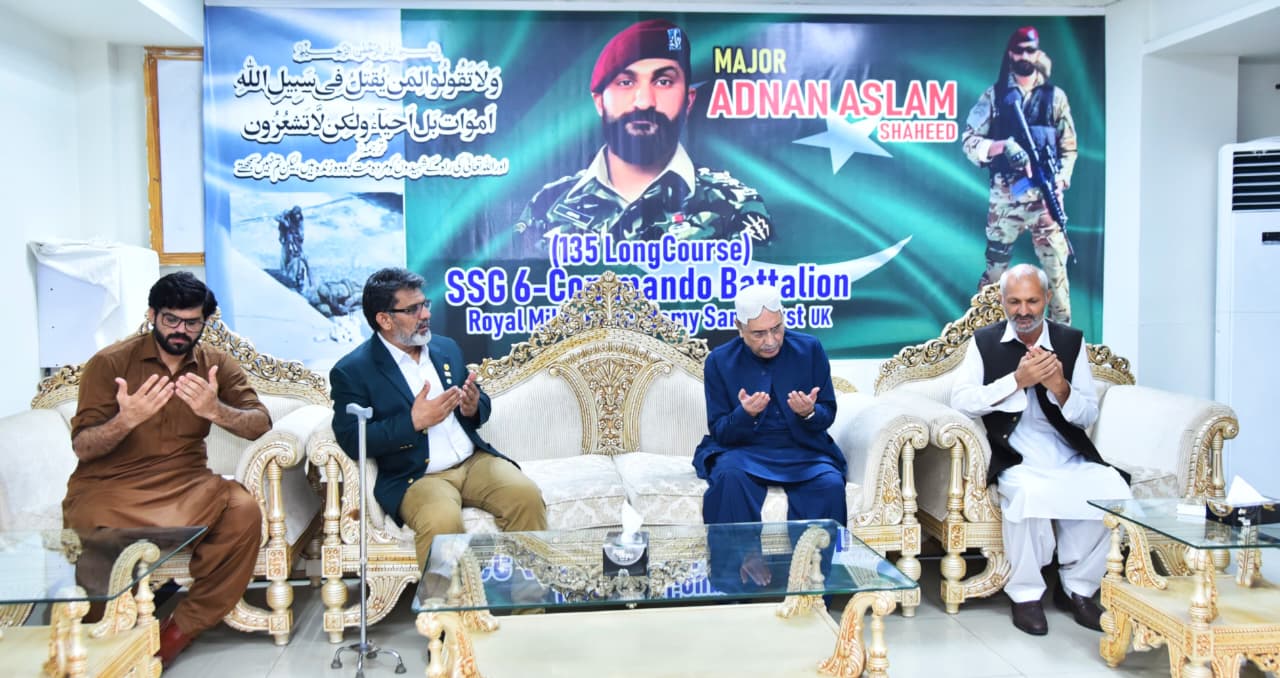
Important Seminar Held on 23rd Death Anniversary of Father of Socialism Sheikh Rashid
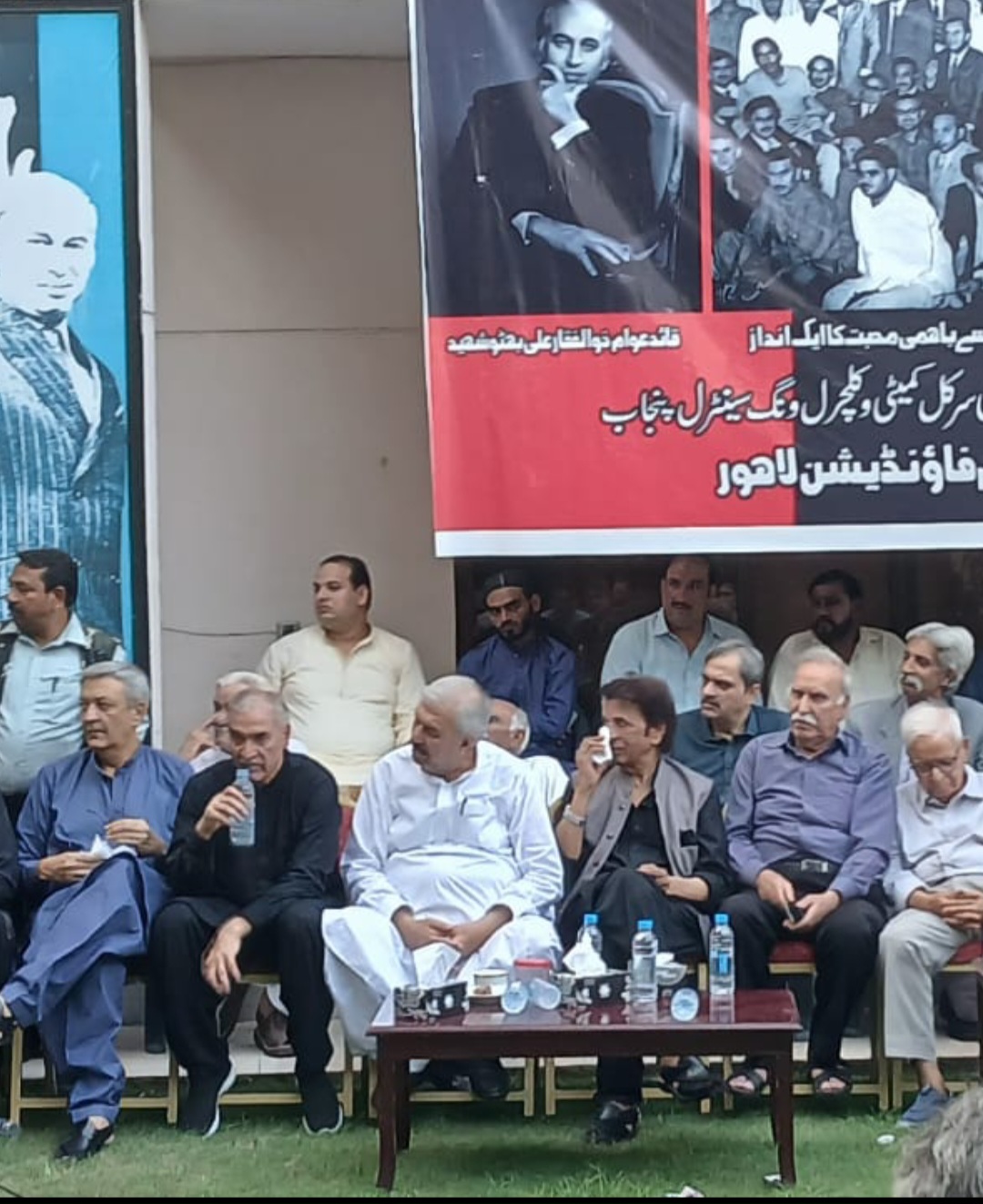
PPP Demands Government Utilize BISP Data for Flood Victim Relief Distribution
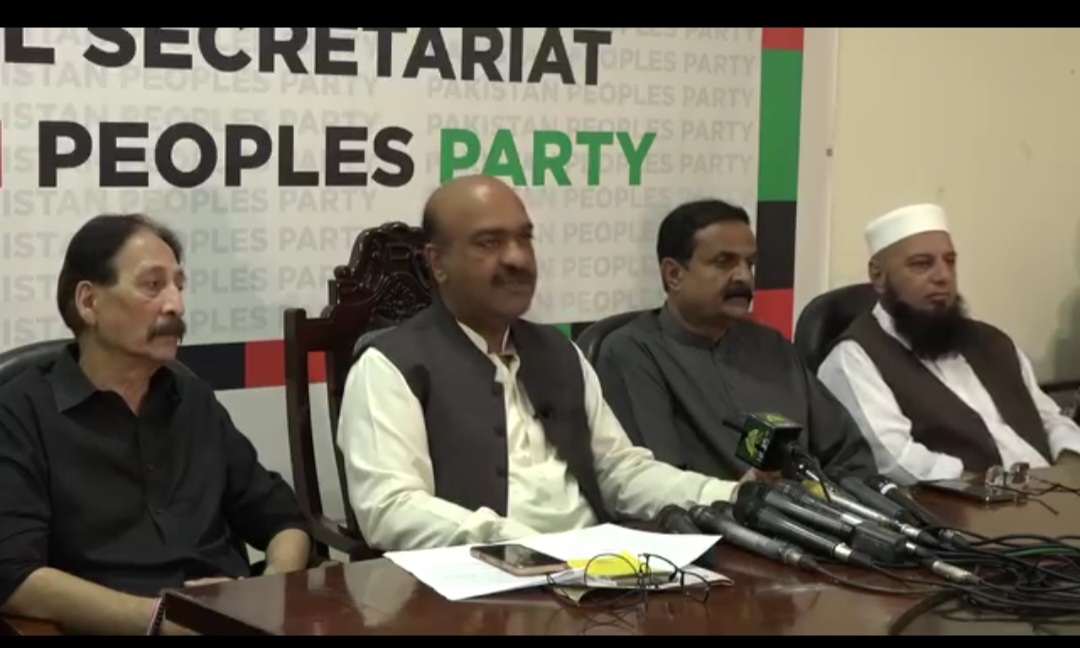

No comments yet.